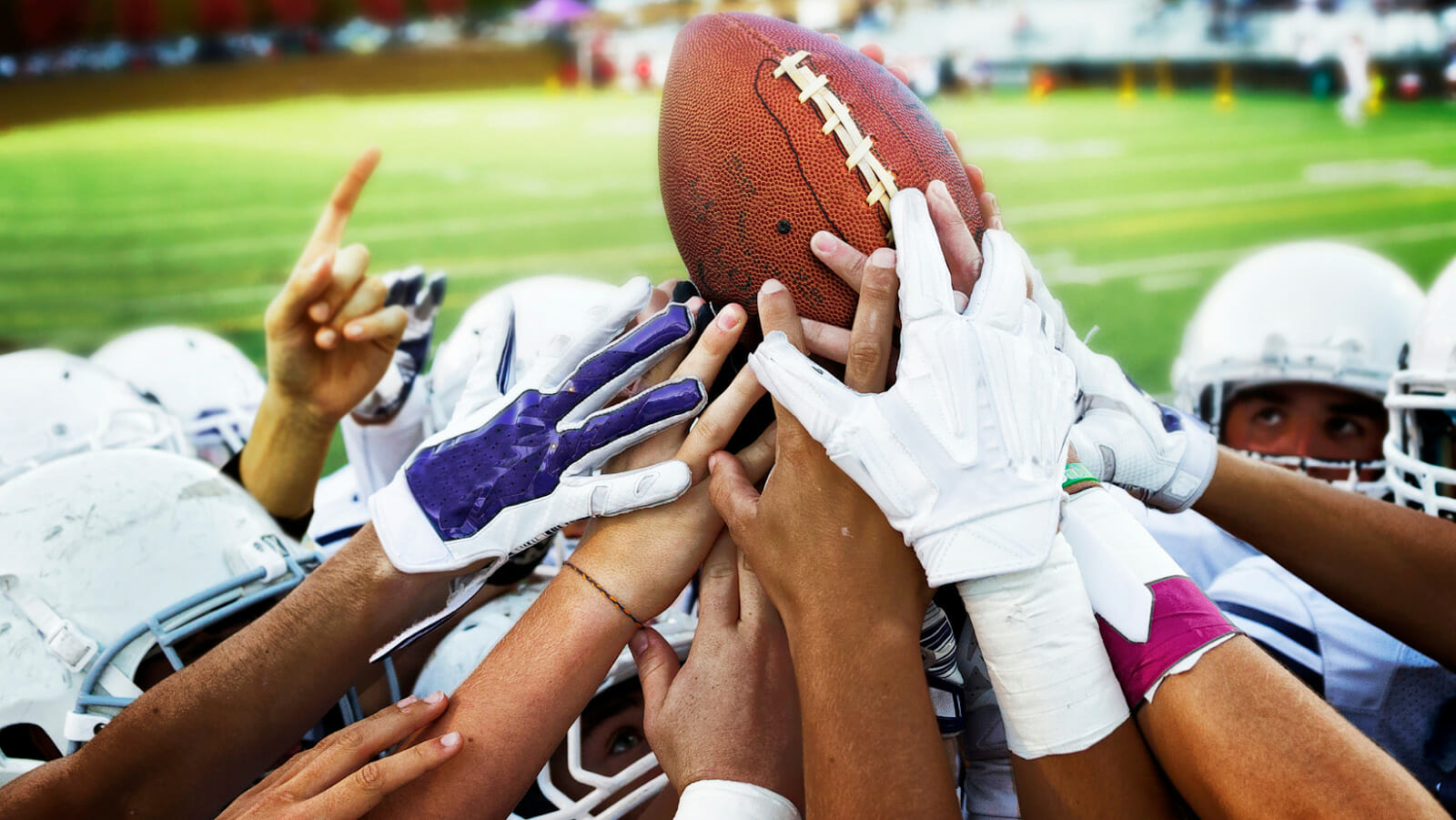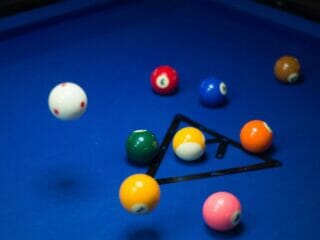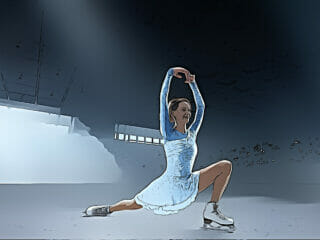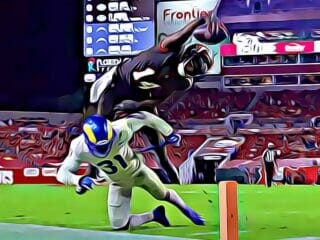
The faster your reaction times are, the more of an advantage you’ll have on the football field. Here are a few ways to help improve your speed and agility.
1. Use a metronome. This will help you keep a consistent pace while you train.
2. Incorporate plyometrics into your training. This type of training helps improve your explosiveness.
3. Practice sprints of different distances. This will help your body adapt to the demands of game situations.
4. Make sure you’re well-rested and hydrated. Fatigue can lead to slower reaction times.
5. Stay mentally focused during practices and games. If you’re not in the right frame of mind, your body won’t be able to perform at its best.
By following these tips, you can help improve your reaction times and give yourself a competitive edge on the gridiron.
catching passes in flag football can help develop reaction time.
When playing flag football, it is important to have quick reflexes in order to catch the ball. One drill that can help develop these reflexes is to stand a few feet away from a wall, and have someone bounce a tennis ball off of the wall. As the ball comes towards you, try to catch it as quickly as possible. This drill can be made more difficult by moving further away from the wall, or by having the person bounce the ball at different angles.
Train your brain with puzzles and mental exercises
Puzzles and mental exercises can help improve your reaction time by training your brain to process information more quickly. Try solving puzzles such as Sudoku or crosswords, or playing games that require quick thinking such as chess or go. You can also try taking a reaction time test online to see how you compare to others and to track your progress over time.
Eat a healthy diet that provides the nutrients your brain needs
What you eat can also affect your reaction time. Eating a diet that is high in unhealthy fats and sugar can lead to brain fog and slower reaction times. On the other hand, eating a healthy diet that is rich in nutrients such as omega-3 fatty acids, antioxidants, and B vitamins can help improve mental clarity and reaction time.
Get plenty of sleep – eight hours per night is ideal
Sleep is critical for cognitive function, and can also affect your reaction time. When you’re sleep-deprived, your brain isn’t able to process information as quickly or efficiently. Aim to get eight hours of sleep per night, and avoid working or using electronic devices in bed so that you can get the best possible sleep. By following these tips, you can help improve your reaction time and give yourself a competitive edge on the gridiron.






